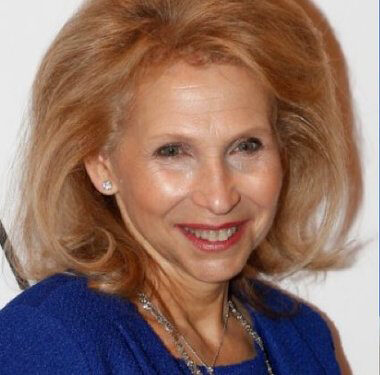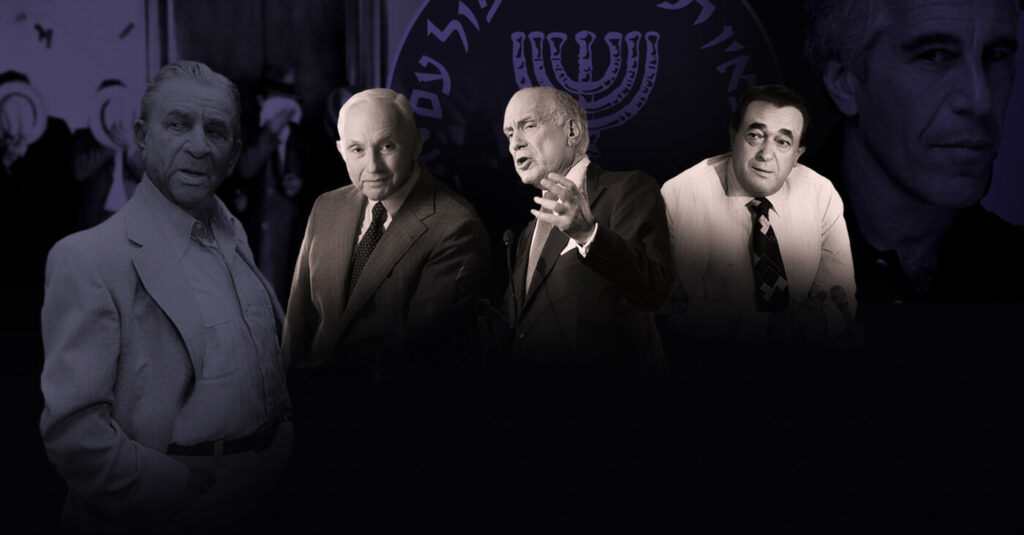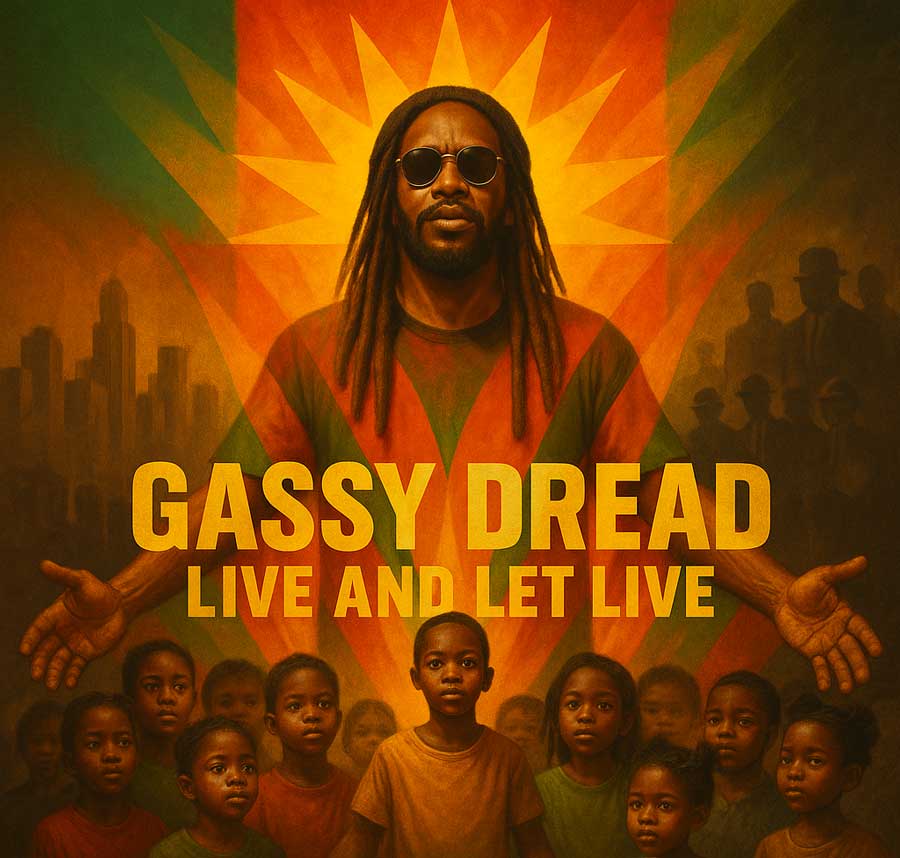In a powerful display of unity, four leaders — Prime Minister Gaston Browne in a red jacket, Attorney General Steadroy Benjamin of Antigua & Barbuda, Captain Ibrahim Traoré of Burkina Faso, and former President Uhuru Kenyatta — stood together, symbolizing defiance and solidarity as jets soared overhead. The moment captured not only their strength but also a solemn conviction that history must be answered with justice.
At a pivotal gathering, Donald Trump recognized their cause, highlighting the global acknowledgment of Africa and the Caribbean’s shared demand for reparations, restitution, and respect. The need for justice is pressing; as Browne put it, Restitution is not a choice — it is destiny.
“Until restitution is made, until justice is done, our mission is incomplete. Reparations justice must come,” Browne declared, reinforcing that the Caribbean is an extension of Africa, united not only by shared history but also by current challenges.
Browne argues that the legacy of the transatlantic slave trade is still felt deeply in both regions, highlighting systemic underdevelopment and exploitation as ongoing issues. Through CARICOM, he envisions a robust alliance that not only seeks reparations but also aims to rebuild power and forge pathways toward sustainable futures.
As the world grapples with climate change and socioeconomic disparity, Browne emphasizes that collective action is essential. He insists, Reparations are not charity but restitution — a recognition that Africa’s children in the Caribbean were forced into labor for the wealth of others. We will not forget. Africa and the Caribbean are one, and together we demand restitution.”
Gaston Browne, also known as Gassy Dread, has emerged as a strong advocate for reparations in the Caribbean. His advocacy extends from formal podiums to global summits, making it clear that true peace can only arise when historical debts are acknowledged and repaired.


















